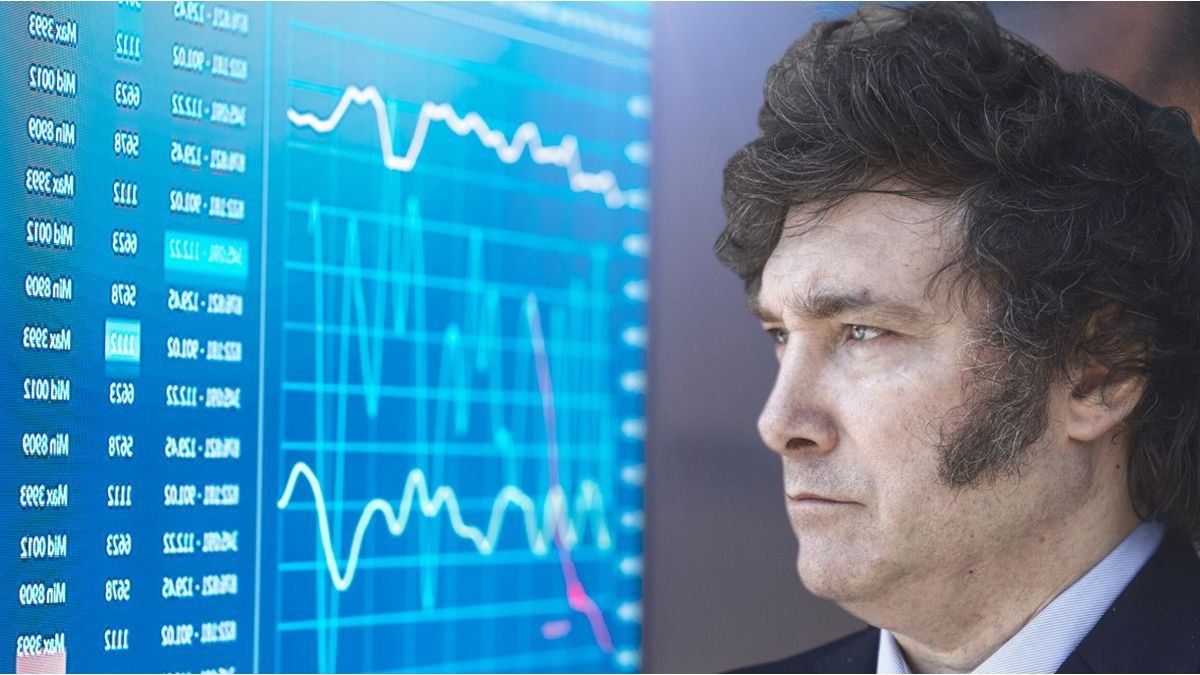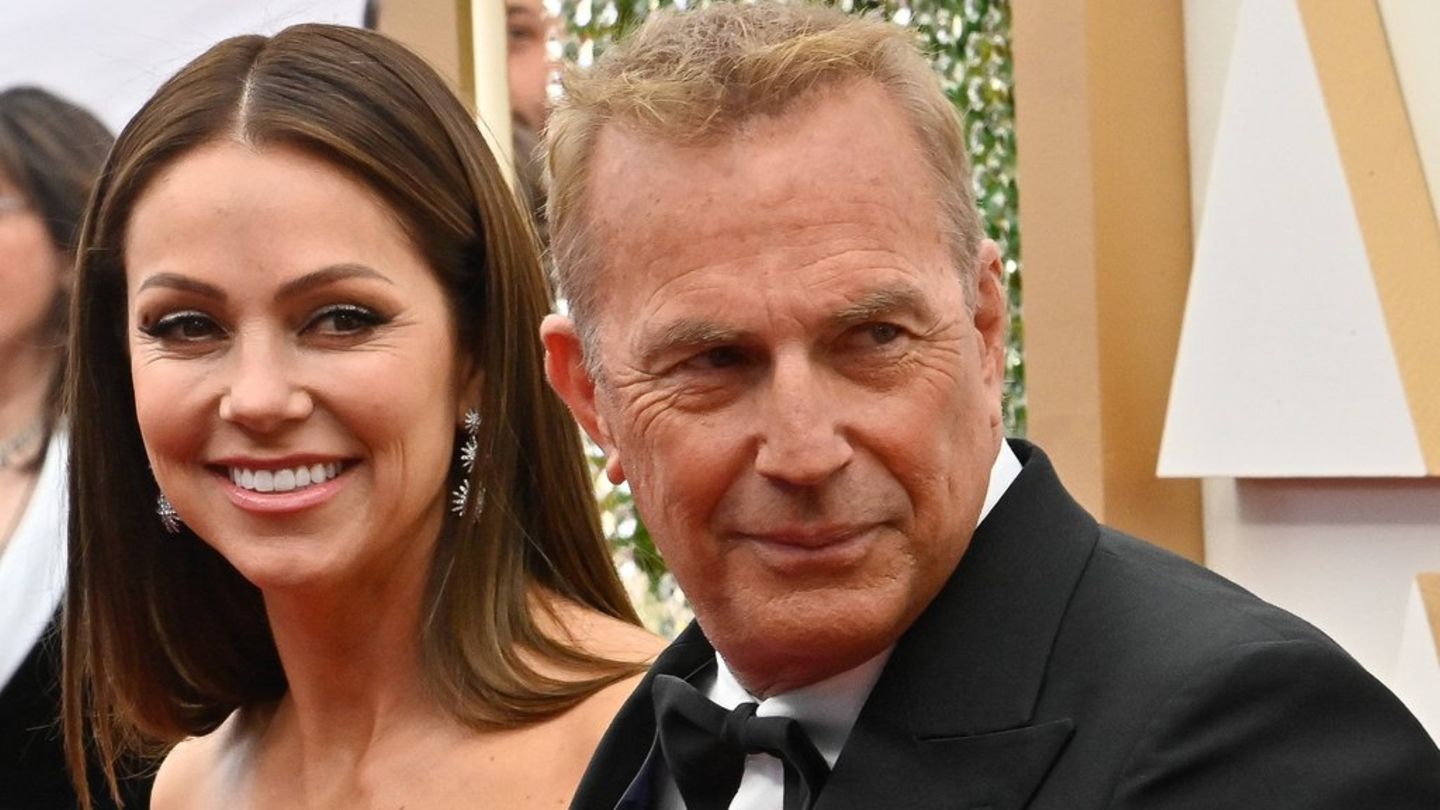However, the numbers are, once again, full of inconsistencies.Budget numbers must be taken with a grain of saltwere written in June, it is strange that they have not been corrected,” says Econviews.
For EcoGo“The message is clear, zero deficit is not negotiable, and that is fine in a country that broke the currency and the income.”. But the fiscal rule “looks defiant“given the optimism of the macro and the projections.
According to the analysis of the consulting firm led by Marina Dal Poggettothe revenue projection includes two contrasting effects.
On the one hand, a slight decrease in total income of 16.7% to 16.5% of GDPeven though 1.0% of the GDP of the Country tax is lost in 2025.
The difference is explained by an increase in Earnings not co-participated as a result of the change voted in the fiscal package (0.3%), of fuel tax (0.35%) and of Withholdings on exports (0.47%).
On the other hand, a macroeconomic scenario where Inflation this year ends at 104% (1.2% monthly between September and December), and in 2025 it is reduced to 18% (rate of 1.4% monthly).
On average during 2025, Inflation rises 30%GDP 5%, income rises 32.9% and primary expenditure 34%, interest only rises 14%. The dollar ends 2024 at $1.020 (crawling at 2%) and 2025 at $1,207 (crawling at 1.4%), “It does not mention or show with these numbers an exit from the cepo or the blend”they conclude in their latest report.
The gap was around 30% and the money laundering does not translate into reserves
“The gap has won. Can it continue to go down?asks the consulting firm Econviews. After going through several weeks with a gap around 35%now seems to have settled down in the 30% area.
According to the consultancy, there are several reasons: “September is a strange month because tax due dates and then you can come back. There may also be a dose of greater confidence hand in hand with money laundering and the reduction of country risk to stabilize it at these values”
However, he does not believe that the 20% zone will be tested as it was at the beginning of the year.And if it does, it won’t last.“, he says.
Regarding money laundering, for 1816 should help to rebuild gross and liquid reserves, but the peculiar thing is that “that is not happening yet”.
Data from the consultancy firm indicate that private deposits in dollars rose US$ 3337 million between August 14 and September 16, while the reserve requirements (which is the part of deposits with a direct impact on gross reserves) “They rose only US$ 128 million in that period”.
“What we see so far is that Banks are leaving the new dollars deposited in the branches (instead of depositing them in the BCRA)perhaps waiting to find out what percentage of the laundered cash will remain in Argendólares starting in October, the month in which those who regularized up to US$ 100 billion will be able to withdraw them without penalty,” says 1816.
September inflation should start at 3%
This week, INDEC published the wholesale price index, which indicated a 2.7% for August. This data was used by Milei to state that “inflation is falling.”
For the FMyA consultancy, this is a reality since they continue to see stability in food and projects a slowdown to 3.5% for September.
Instead, Econviews argues that while wholesale prices “grew millimetrically the same as the dollar,” Imported prices were stable and that the measurement includes tradable goods (non-tradables are rising in line with a slow recovery), while it is a data measured in the middle of the month, and not daily like the CPI.
Why would the Government ask the International Monetary Fund for more dollars?
The Minister of Economy was there on Friday Luis Caputo celebrating the 140th anniversary of the Rosario Stock Exchange in the city of the same name.
There, the official gave way to the possibility of an agreement with the IMF that would include fresh funds: “Requesting a new program has the advantage that additional money can be requested, unlike with the old program. Hopefully we won’t need to do so. But rebuilding the Central Bank’s balance sheet is a priority for us,”
In the current context, for the consultancy Quantum Finance Interpretations that the Treasury is reasonable is reportedly seeking to secure additional financing of USD 10 billion.
“This would allow, on the one hand, to show that it would have sufficient USD to pay the debt maturities after Jan-25. On the other hand, They can be considered as resources that would facilitate the process of eliminating the restriction, reducing the potential impact on the exchange rate and inflation.“, they argue in their latest report.
Among the alternatives for obtaining the aforementioned resources would be:
1.resume talks with the IMF to obtain additional funds
2. use gold and public securities as collateral for loans from commercial banks, negotiations for quick-disbursement loans with the World Bank and the IDB, export advances and a potential bilateral agreement with sovereign wealth funds, for example, with Saudi Arabia.
For Quantum Financeunder standard market conditions, facing maturities of around 3.5% of GDP “should be relatively simple”, although this is not the case in Argentina. Country risk at 1,300 points and Foreign exchange restrictions make it difficult to access international markets voluntary debt, which led the Treasury to already work on the maturities of Jan-25.
Source: Ambito
David William is a talented author who has made a name for himself in the world of writing. He is a professional author who writes on a wide range of topics, from general interest to opinion news. David is currently working as a writer at 24 hours worlds where he brings his unique perspective and in-depth research to his articles, making them both informative and engaging.




